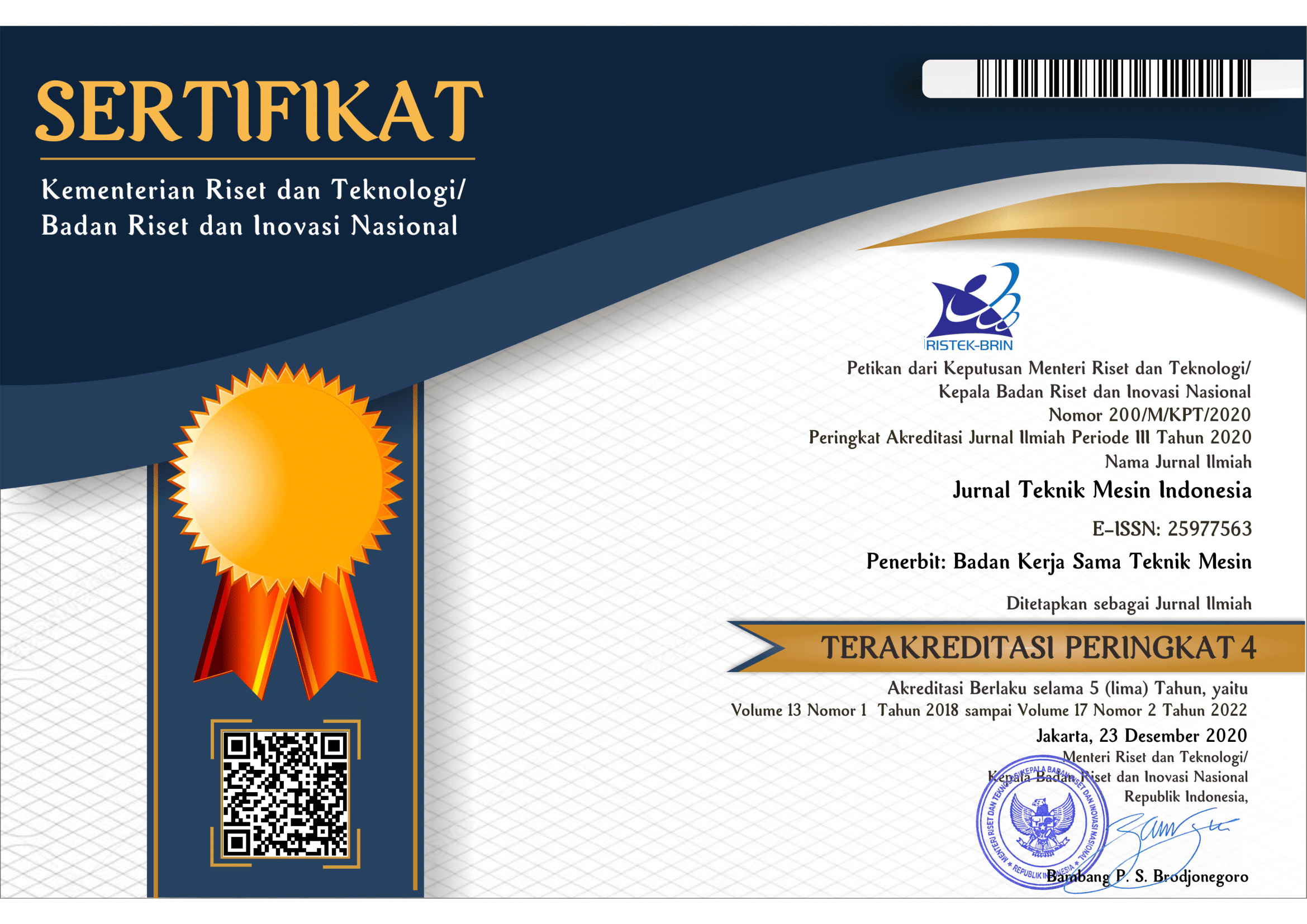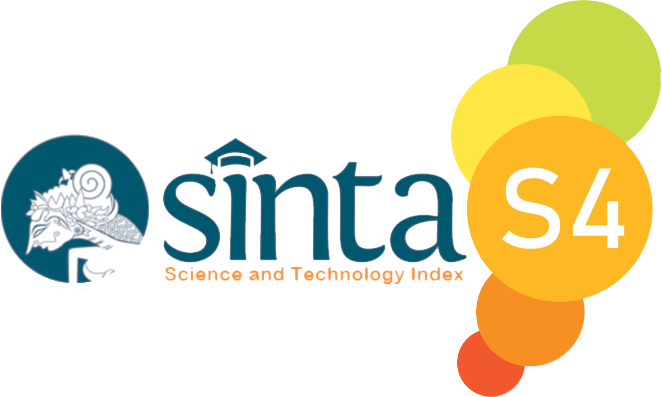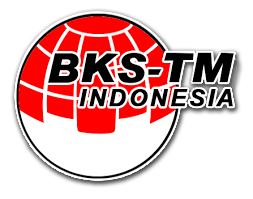Pengembangan model perhitungan kompleksitas proses sangrai kopi Indonesia menuju sistem otomatisasi
DOI:
https://doi.org/10.36289/jtmi.v18i1.414Keywords:
design, complexity process, coffee roasting, arabica solok radjo coffee beans, robusta bengkulu coffee beansAbstract
The process of roasting coffee to obtain consistent coffee bean product quality and in accordance with market preferences is quite complex and requires the expertise of operators who have years of experience. This study aims to present a model for calculating the complexity of the coffee roasting process manufacturing system as a type of measurement tool for a process to assess the existing process and estimate the initial costs at the design stage before increasing in the process of automation of the roasting process. The researcher adapted and developed the complexity calculation model proposed by W. H. El-Maraghy to the scope of coffee roasting, especially Solok Radjo Arabica and Bengkulu Robusta coffee beans. In this research, the roasting process was carried out with a pre-heating temperature of 160°C with a roasting duration of 16 minutes. Based on this research, the results show that the most important aspects that influence the complexity of roasting coffee beans based on roast level are roast color, mass, and dimensions resulting from the roast profile of coffee beans. In addition, variations in RPM will affect the temperature of the turning point and end point temperature of the beans. The highest complexity index was found in Bengkulu Robusta coffee beans with an RPM of 90 and a dark roast level of 9.9.










